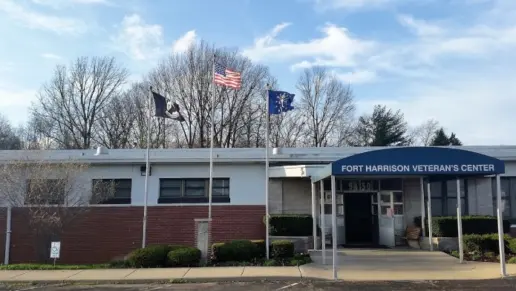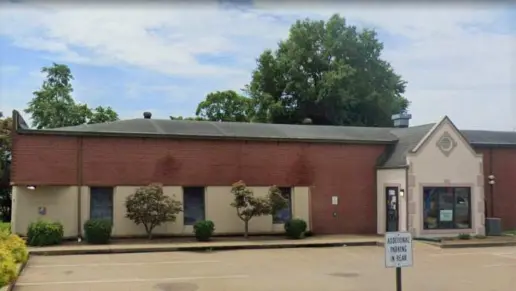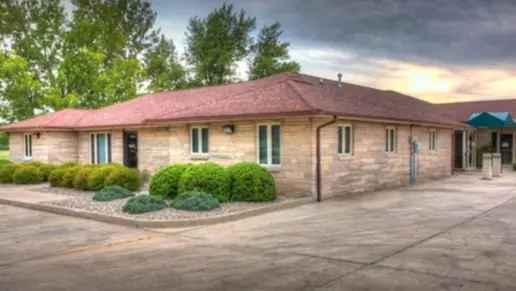Exactly like a prison. Stayed here 5 days, got sexually assaulted by another patient and staff barely did anything. Staff are rude and they dont care about anything but their job. Treats patients like theyre a burden over the simplest things. Entire place is unclean, food is ...
About Deaconess Cross Pointe Outpatient Services
Deaconess Cross Pointe Outpatient Services is located in Evansville, Indiana. This is a recovery facility that works with adults and adolescents. They have services that cater to individuals who have a dual diagnosis of substance use disorders. Care is offered in an outpatient setting. There’s also a partial hospitalization program (PHP) for adults who need more robust care. They accept policies from most major insurance providers.
You’ll work with the multi disciplinary team when you start recovery here. This team may include psychiatrists, licensed drug and addiction counselors, therapists and mental health professionals. An individualized treatment plan will be created to target your mental health and addiction recovery needs.
There is an evidence-based approach to care at this facility. Individual and group counseling sessions include cognitive behavioral therapy (CBT). Family counseling is also available to address family dynamics such as blended family adjustments and single parenting challenges. There’s also a trauma-informed approach to care helping you navigate past experiences as they relate to emotional, physical and sexual abuse you may have endured. The Modified Matrix model is also offered here and it provides supportive care in a structured setting.
If you are navigating an alcohol or opioid struggle then you’ll be supported through medication management. You’ll work closely with a psychiatric practitioner who will determine an appropriate medicine regiment. Medication treatment is available for all ages.
There’s also an intensive youth outpatient program at this location as well. Your child will work with a case manager to ensure they get age appropriate care for their needs. The youth program also has dual diagnosis services including medication management services.
Facility Overview
Rehab Score
Gallery
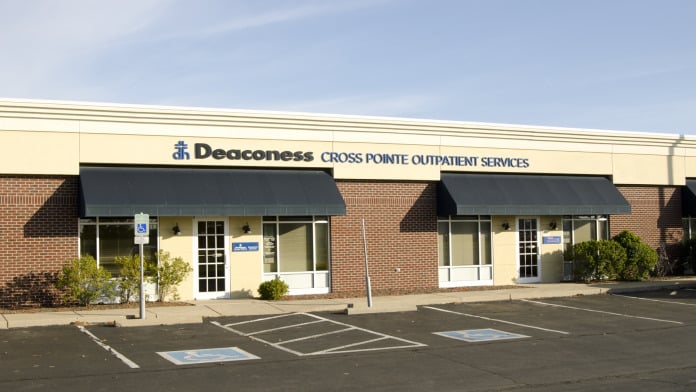
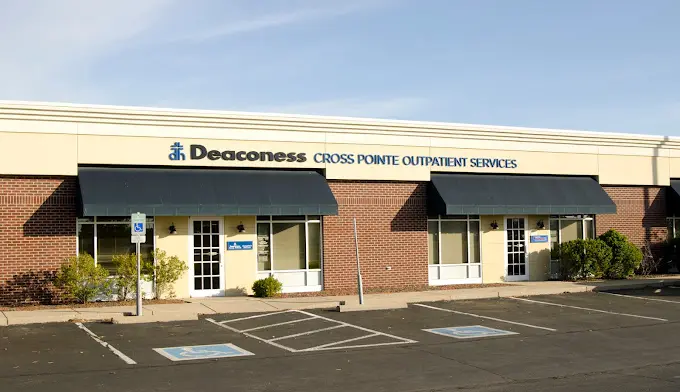
Location
Accepted Insurance
Other Forms of Payment
Private insurance refers to any kind of healthcare coverage that isn't from the state or federal government. This includes individual and family plans offered by an employer or purchased from the Insurance Marketplace. Every plan will have different requirements and out of pocket costs so be sure to get the full details before you start treatment.
Self-pay involves paying for treatment out of your own pocket. You can use savings or credit, get a personal loan, or receive help from family and friends to fund your treatment. If you don't have insurance or your insurance plan doesn't cover a specific program, self-pay can help ensure you still get the care you need.
Financial aid can take many forms. Centers may have grants or scholarships available to clients who meet eligibility requirements. Programs that receive SAMHSA grants may have financial aid available for those who need treatment as well. Grants and scholarships can help you pai for treatment without having to repay.
Medicare is a federal program that provides health insurance for those 65 and older. It also serves people under 65 with chronic and disabling health challenges. To use Medicare for addiction treatment you need to find a program that accepts Medicare and is in network with your plan. Out of pocket costs and preauthorization requirements vary, so always check with your provider.
Military members, veterans, and eligible dependents have access to specific insurance programs that help them get the care they need. TRICARE and VA insurance can help you access low cost or no cost addiction and mental health treatment. Programs that accept military insurance often have targeted treatment focused on the unique challenges military members, veterans, and their families face.
Medicaid is a state based program that helps lower-income individuals and families pay for healthcare. Medicaid covers addiction treatment so those enrolled can use their coverage to pay for rehab. When a program accepts Medicaid the client often pays very little or nothing out of their own pocket.
Addiction Treatments
Levels of Care
Treatments
Many of those suffering from addiction also suffer from mental or emotional illnesses like schizophrenia, bipolar disorder, depression, or anxiety disorders. Rehab and other substance abuse facilities treating those with a dual diagnosis or co-occurring disorder administer psychiatric treatment to address the person's mental health issue in addition to drug and alcohol rehabilitation.
Mental health rehabs focus on helping individuals recover from mental illnesses like bipolar disorder, clinical depression, anxiety disorders, schizophrenia, and more. Mental health professionals at these facilities are trained to understand and treat mental health issues, both in individual and group settings.
Programs

Clinical Services
Cognitive Behavioral Therapy (CBT) is a therapy modality that focuses on the relationship between one's thoughts, feelings, and behaviors. It is used to establish and allow for healthy responses to thoughts and feelings (instead of unhealthy responses, like using drugs or alcohol). CBT has been proven effective for recovering addicts of all kinds, and is used to strengthen a patient's own self-awareness and ability to self-regulate. CBT allows individuals to monitor their own emotional state, become more adept at communicating with others, and manage stress without needing to engage in substance abuse.
Group therapy is any therapeutic work that happens in a group (not one-on-one). There are a number of different group therapy modalities, including support groups, experiential therapy, psycho-education, and more. Group therapy involves treatment as well as processing interaction between group members.
In individual therapy, a patient meets one-on-one with a trained psychologist or counselor. Therapy is a pivotal part of effective substance abuse treatment, as it often covers root causes of addiction, including challenges faced by the patient in their social, family, and work/school life.
Motivational interviewing aims to stimulate the client's personal motivation and commitment to change. Rather than receive advice and warnings from the therapist, the client is given the opportunity to share their concerns and reach their own conclusions.
Whether a marriage or other committed relationship, an intimate partnership is one of the most important aspects of a person's life. Drug and alcohol addiction affects both members of a couple in deep and meaningful ways, as does rehab and recovery. Couples therapy and other couples-focused treatment programs are significant parts of exploring triggers of addiction, as well as learning how to build healthy patterns to support ongoing sobriety.
Research clearly demonstrates that recovery is far more successful and sustainable when loved ones like family members participate in rehab and substance abuse treatment. Genetic factors may be at play when it comes to drug and alcohol addiction, as well as mental health issues. Family dynamics often play a critical role in addiction triggers, and if properly educated, family members can be a strong source of support when it comes to rehabilitation.
Staff

CEO
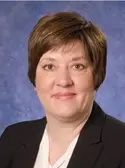
President of Hospitals Division
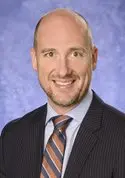
President of Physicians Division

Senior VP, Chief Nurse Executive
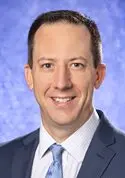
Senior VP; Chief Medical Office
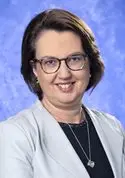
Senior VP, CFO
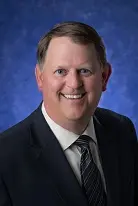
Executive Director
Contact Information
445 Cross Pointe Boulevard
Suite 320
Evansville, IN 47715






